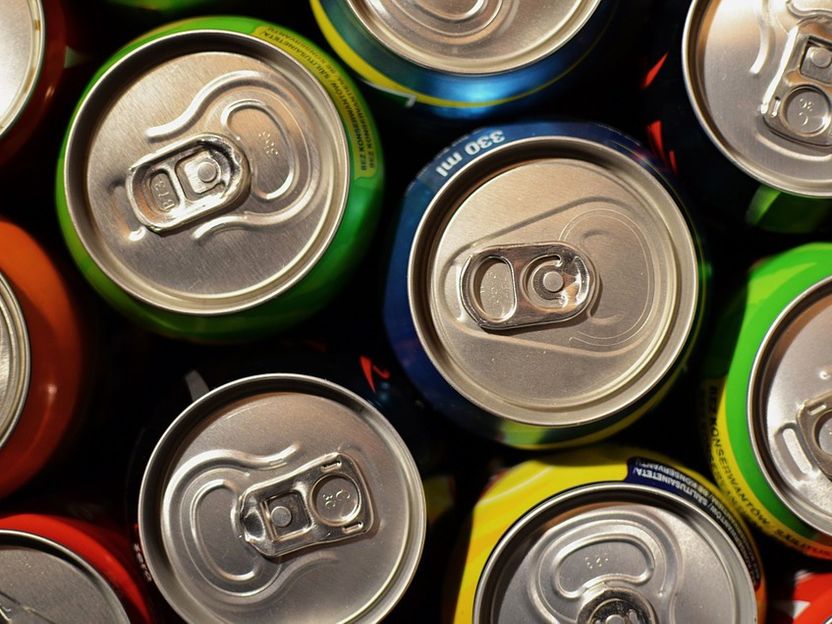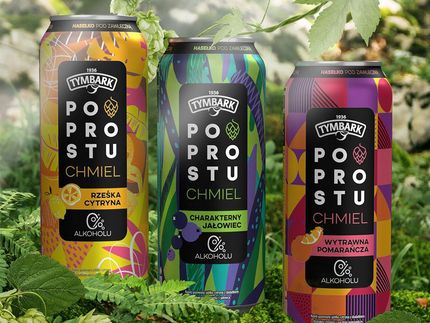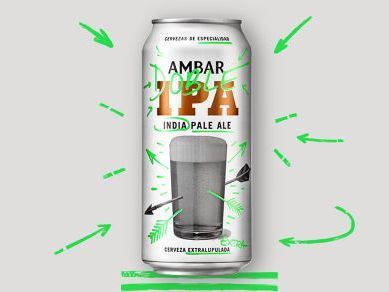It’s aluminum’s time to shine
Advertisement
The bottled water market is in a transformational period. Currently, most mass market consumers are not especially worried about the environmental impact of plastic water bottles; nearly four in 10 consumers would not pay anything more for water packaged in an environmentally friendly plastic alternative, according to Mintel research on still and sparkling water. However, a growing conversation around the environmental impact of single-use plastic bottles represents an existential threat to the entire bottled water market.

symbol image
skeeze/ Pixabay
Consumers are beginning to rethink their use of plastic water bottles, with Gen Z in particular, exhibiting strong interests in environmentally-friendly plastic bottle alternatives or eschewing packaged water entirely. Nearly seven in 10 Gen Z consumers use refillable water bottles, the highest usage among all generational groups. The vilification of plastic bottles represents an opportunity for beverage brands to elevate the simple aluminum can.
The benefits of aluminum
Aluminum cans offer compelling environmental benefits; they’re lightweight, durable, have a high recycling rate, due in part to the financial incentive of recycling cans, and are nearly infinitely recyclable. Aluminum does come with drawbacks; processing raw aluminum into usable materials is a highly energy intensive process. However, it’s estimated that 75% of all aluminum ever produced in the US is still in use today and reusing aluminum requires only 5% of the energy used compared to processing raw aluminum.
While aluminum is a sustainable packaging solution, consumers are largely in the dark on aluminum’s environmental benefits. Only one in 10 consumers perceive aluminum cans as a packaging option that provides a positive environmental impact, according to Mintel research on beverage packaging trends. The ubiquity of the can is detrimental to its sustainability credentials in consumers’ minds as consumers don’t understand aluminum’s environmental benefits and because it is so familiar they don’t view cans as anything special. The onus lies with brands and packaging manufacturers to educate consumers on aluminum.
Brands are putting the pedal to the metal
Companies have started touting aluminum’s environmental benefits. In April 2019, actor Jason Momoa shaved his signature beard to promote Mananalu, a new water brand packaged in 16.9 oz tallboy cans. Contrarian water brand Liquid Death also uses tallboy cans for their environmental benefits. Pathwater utilizes an aluminum bottle which consumers can reuse as a refillable water bottle. Large beverage companies are also gauging consumers interested in canned water. PepsiCo announced it would test-market canned Aquafina early in 2020.
In addition to aluminum, companies are experimenting with other sustainable packaging solutions. Nearly every major beverage company has promised to increase its use of recycled plastics (known as rPET) in the production of plastic bottles. Creating plastic bottles from recycled materials is highly popular among consumers as nearly two-thirds of consumers say beverage companies should incorporate recycled plastics as a way to offset the use of plastic bottles, according to Mintel research on beverage packaging trends.
Companies are also developing solutions that go beyond the bottle. Both Coca-Cola and PepsiCo created Dasani and Aquafina-branded water refill stations that allow consumers to add carbonation and flavorings. PepsiCo highlights the environmental benefits of SodaStream (acquired in 2018 for $3.2 billion) in much of the product’s marketing.
What Mintel thinks:
Consumer interest in environmentally-friendly beverage packaging will undoubtedly grow especially as Gen Z ages and gains more disposable income. Packaged water brands need to focus on sustainability or risk the ire of Gen Z consumers.
























































